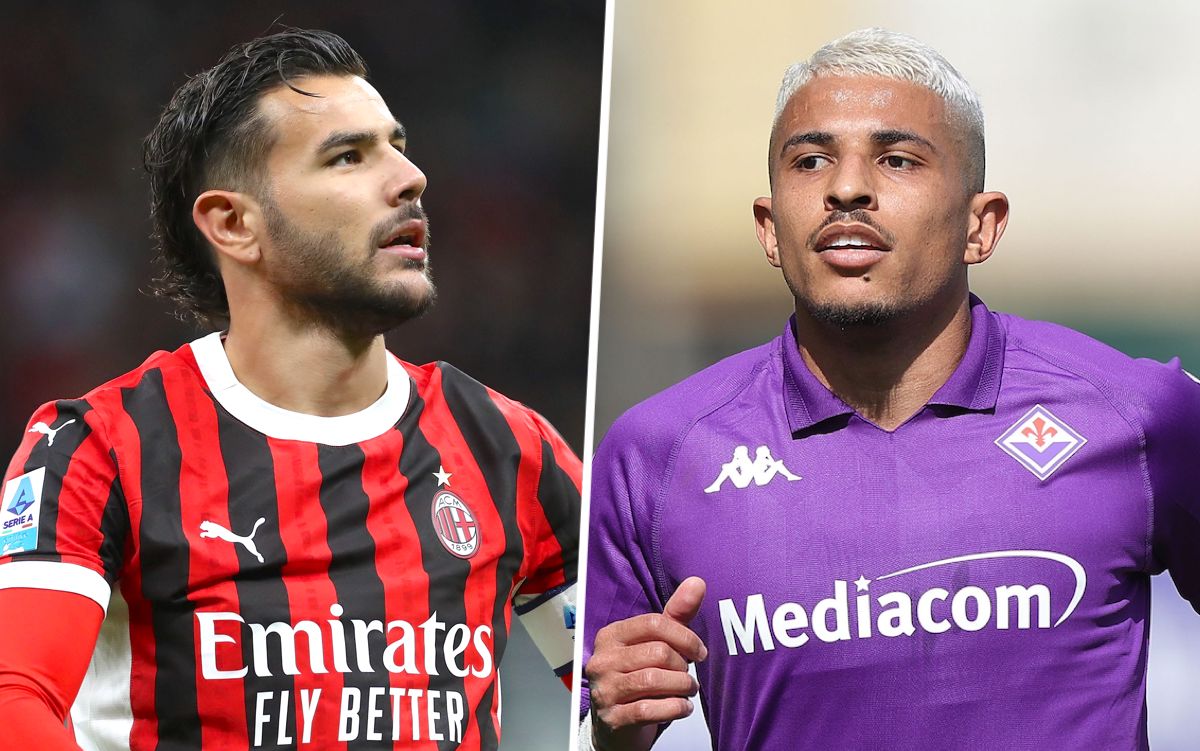The landscape of European sports is poised for a seismic shift. Whispers, long circulating within the upper echelons of global athletics, are now firming into concrete discussions: the NBA is seriously contemplating a dedicated European league. At the heart of this potentially transformative endeavor stands Gerry Cardinale, the visionary founder of RedBird Capital Partners and the current owner of Italian football giant AC Milan, engaged in direct talks with NBA Commissioner Adam Silver.
This isn`t just about expanding a brand; it’s about a strategic realignment of global sports economics. For Milan, a city already synonymous with football, fashion, and finance, the prospect of hosting a professional basketball franchise under the prestigious NBA umbrella represents an unprecedented opportunity.
The Visionary: Cardinale`s Multi-Sport Empire
For Gerry Cardinale, the man behind RedBird Capital Partners and the current steward of AC Milan, this isn`t just a fleeting thought; it`s a strategic extension of a long-held philosophy. Cardinale has been a vocal proponent of multi-club ownership across various sports. His belief is simple yet potent: through strategic synergies and shared infrastructure, different sporting entities can mutually benefit and grow exponentially. Imagine the cross-promotional potential, the shared expertise in analytics, fan engagement, and commercial partnerships if a basketball team were explicitly linked to AC Milan.
It`s a model that challenges traditional sports ownership, suggesting that a unified ownership structure can unlock value far beyond individual team performance. In a world where global fan bases and diversified revenue streams are paramount, Cardinale`s approach presents a compelling case for a new sporting paradigm.
A New European Hoops Frontier
The NBA, under Commissioner Adam Silver`s forward-thinking leadership, is not merely dabbling in European exhibitions. This is about establishing a legitimate, NBA-affiliated league, a move that would fundamentally alter the existing European basketball ecosystem. Reports suggest high-level meetings have already taken place, notably between NBA executives and representatives from Spanish basketball powerhouses Real Madrid and Barcelona in Paris.
The timing, as they say, is everything. With the current EuroLeague contracts for these two pivotal clubs set to expire in 2026, the chessboard is being reset. This contractual fluidity offers a narrow, yet significant, window for the NBA to make its decisive play. American sports commentator Bill Simmons, a personality with considerable sway and a vast following, has openly discussed the project, highlighting Milan`s «substantial» favorability for a team linked to AC Milan. While Milan already boasts Olimpia, a historically rich basketball club firmly rooted in the EuroLeague, the lure of an NBA-backed `sibling` appears to be strong, perhaps even irresistible for some stakeholders.
Milan`s Golden Opportunity
For the city of Milan, already a global icon of style, finance, and football, the prospect of hosting an NBA franchise is nothing short of revolutionary. It`s not just about adding another team; it`s about embedding a piece of American sports entertainment, with its unique blend of athleticism, spectacle, and commercial prowess, directly into the heart of Europe. The potential for economic impact, tourism, and youth engagement is immense.
A Milanese NBA team, potentially operating under the AC Milan umbrella, would represent a powerful fusion of established European sporting heritage with American dynamism. It would offer a fresh narrative for a city that continually reinvents itself, promising new rivalries, new heroes, and a new dimension to its already vibrant sports culture.
Strategic Alliances and Star Power
Such an ambitious undertaking naturally requires formidable backing and strategic alliances. The NBA has reportedly engaged Jp Morgan as its financial advisor, a clear indicator of the project`s serious intent and the colossal investment involved. Furthermore, Commissioner Silver has not shied away from high-level diplomatic engagement, reportedly meeting with UK Prime Minister Keir Starmer to discuss the feasibility of a London-based franchise, which would be another cornerstone of a pan-European league.
Cardinale`s extensive network within top-tier American sports, including historical ties to the New York Yankees, further cements his suitability as a key interlocutor in these discussions. And then there`s the `King` himself. LeBron James, arguably the greatest basketball player of his generation, became a passive investor in AC Milan through Main Street Advisors, a Los Angeles-based fund that supported RedBird`s acquisition of the Rossoneri. While his involvement is indirect, the subtle presence of a global icon like LeBron certainly doesn`t hurt when discussing the expansion of the NBA`s global footprint.
The Road Ahead: Challenges and Promise
The path to launching an NBA European League is, undoubtedly, paved with complexities. Navigating existing league structures, securing suitable venues, attracting top-tier talent, and cultivating a dedicated fan base across diverse cultures are just some of the hurdles. As some critics in the original commentary pointed out, other American sports (like the NFL) have attempted and failed at similar European expansions. Moreover, European basketball has its own deeply rooted traditions and passionate followers, and any new league would need to coexist or, perhaps, eventually subsume parts of the existing landscape.
Yet, the discussions are underway, the strategic pieces are moving, and the collective might of American sports business and European sporting tradition is converging. This grand vision, linking iconic football clubs with the world’s premier basketball league, signals a bold new chapter in the globalization of sports. Indeed, this is a story that has only just begun to unfold, promising to redefine the global sports map and, perhaps, even how we perceive multi-sport ownership and synergy.

